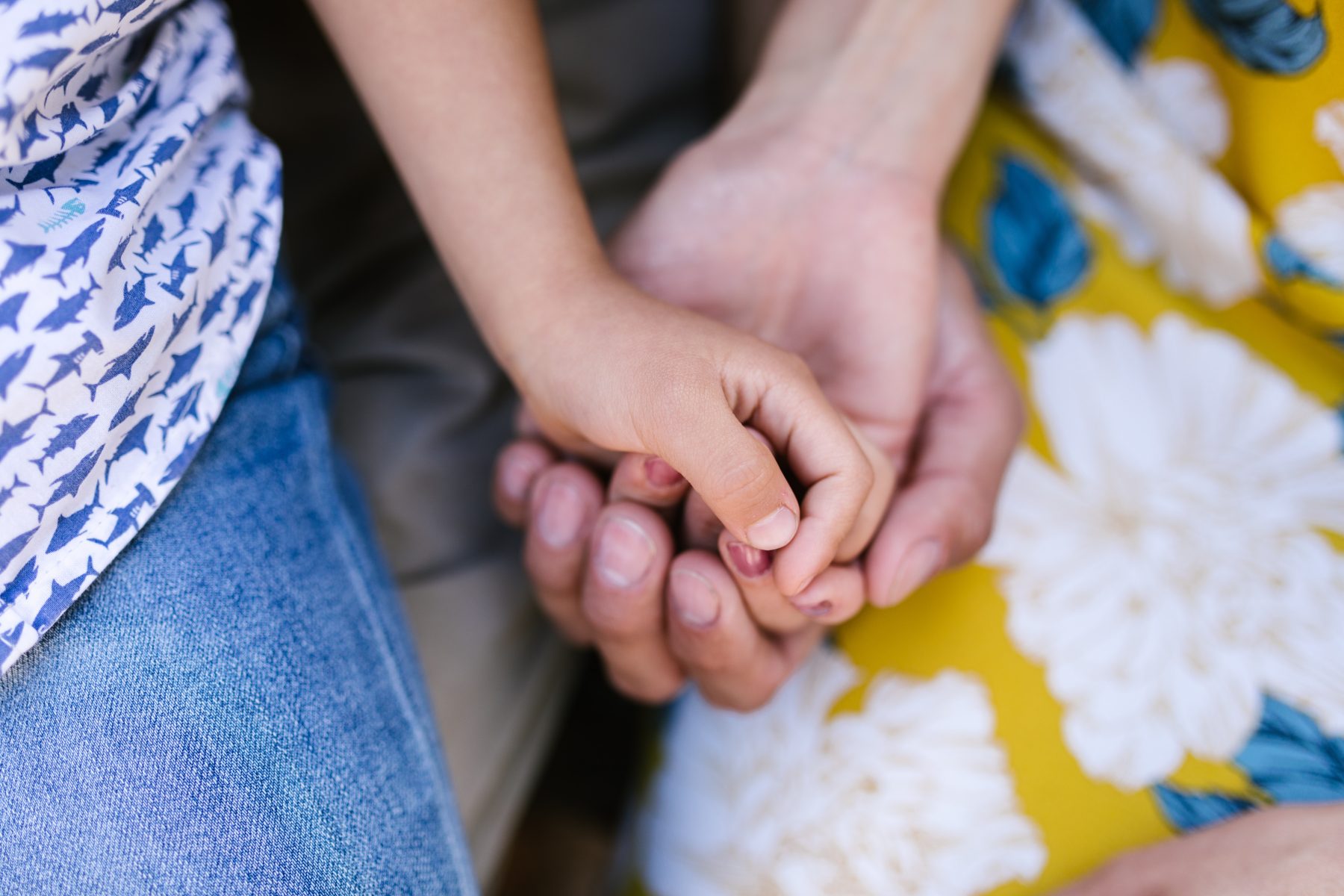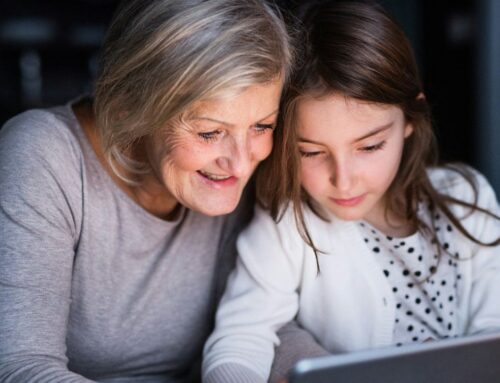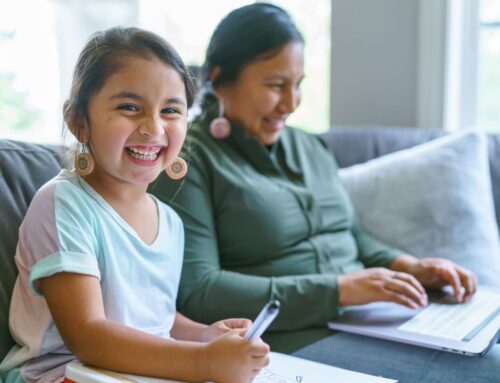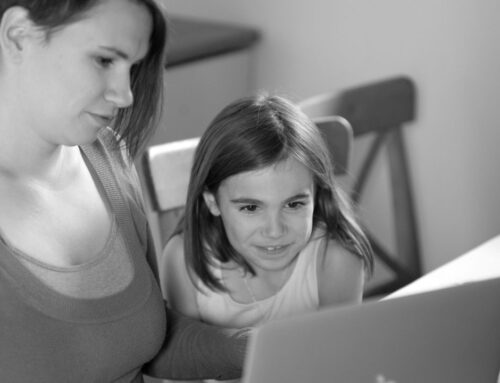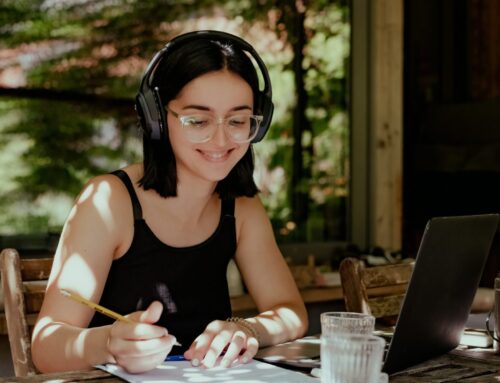By River Meyer, SelfDesign® Director of Organizational Learning and Culture
This is the fourth article in a series exploring the SelfDesign philosophy.
It’s a significant time on the planet to renew our thinking about what mutual respect really means.
Whether we’re talking about politics, cultural differences, managing global health issues, or taking it to the more immediate environments of family and community, mutual respect lies at the heart of how we can find both connection and, ultimately, peace.
If we spend our energy making people into “the other” and therefore “wrong,” we can lose the opportunity to open ourselves to new ways of managing challenging times. And subsequently, we may lose appreciation and respect for differing views.
Are there ways we can begin to develop new patterns, given how very overwhelming some of the issues feel to us?
It’s my opinion that we start small – the closer to home the better. When we begin within our families and communities to show curiosity about the views of others, with listening skills primed for openness rather than only seeking confirmation of our own beliefs, we indicate our respect. When we demonstrate a desire to truly understand others’ interests, values and perspectives, we create an environment where dialogue flourishes and everyone feels that their opinion matters.
Can we approach our relationships with our youngest citizens – our own children – with this same intention and desire to create open environments of acceptance and mutual respect? The SelfDesign model supports curiosity and mutual respect as fundamental elements in our relationships and in learning.
The idea that children should respect their elders has a long history in most cultures. I endorse that practice … as part of the equation.
I am hopeful, though, that we fill out the equation by offering similar respect to our children. Don’t we owe it to them to have curiosity about their thoughts and opinions, even as they are learning about a world we as adults have experienced longer and perhaps more fully?
How can children develop an internalized and self-authored foundation for their daily behavioural choices if they are only told to behave or think in certain ways, with no conversation that explains an adult view and encourages the child to speak about theirs?
For children, genuinely respectful behaviour tends to begin when they themselves feel respected.
It’s my experience that the conversations leading to mutual respect are most successful when they happen early and at home. In a family where mutually-valued relationship is a key ingredient and where parents take a collaborative rather than an authoritarian approach with their children, respect tends to happen naturally.
Ideally, the ground is set early and renewed constantly, as a daily parental practice. Even if we begin when our children are already in their teenage years, the quality can grow. Respect is a slow-developing conversation that unfolds over time in a peaceful setting. Like muscle memory, the result of a daily practice of respect then becomes a fallback response even in moments of stress or in public situations with a child.
I’m not suggesting that parents or guardians share equal authority with their young children, and I’m definitely not advocating that children run the show. Confusion of roles and sometimes disrespect toward others can be the outcome for a child who feels in charge of the relationship. We’ve all seen situations where kids are overindulged or parents are deferential beyond appropriate limits, and it’s not the goal of this approach.
What I’m advocating is a mutualized environment – a visible attitude and a behavioural current that flows between people who are aiming to collaborate with one another. The outcome is one of healthy family dynamics.
Our children most often do want to support our parental desires when they are given opportunities to understand them. Can we in turn be curious about their desires and behaviours? Might there be ways everyone can get what they need and want? The kind of curiosity that holds mutual beneficial outcome at its base is the foundation of respect.
Children aren’t “preparing” or being “trained” for living. They are already in their meaningful lives, building both on their own history and the experiences in this moment. What they want and need is our positive modelling and mentoring as they grow. They are constantly evolving into the future, just as we all are.
Fostering mutual respect with our kids takes us on a journey of partnership, and the adolescents and young people that emerge will joyfully walk with us throughout life. In my opinion, it doesn’t get much better than that.
This topic, as well as others offered in this series, is discussed in more detail in the SelfDesign Path course a resource available to parents and guardians with children enrolled in SelfDesign® Learning Community, and to educators in the program.
Read other articles in this series:
Diving into SelfDesign Philosophy: A seven-part series
Diving into SelfDesign Philosophy: Part 1– Being present in today’s world
Diving into SelfDesign Philosophy: Part 2 – Being curious
Diving into SelfDesign Philosophy: Part 3 – Setting the stage for relational learning

